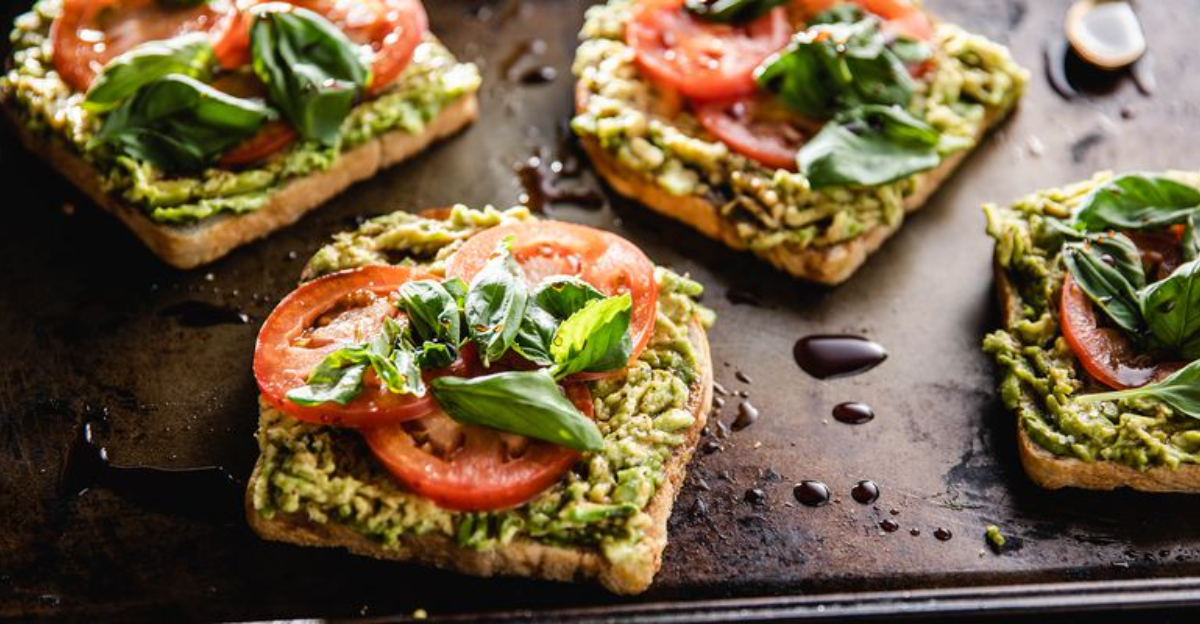That's My Purse, I Don't Know You: Everyday Safety For Your Belongings
Have you ever felt that little jolt of worry when someone gets a bit too close to your bag, or maybe even tries to grab it? It's a feeling many of us know, that sudden need to protect what's ours. The phrase "that's my purse, I don't know you" captures a very real moment of asserting personal space and ownership. This isn't just about a bag; it's about feeling secure in your daily life, knowing how to handle unexpected situations when your personal items are involved. We all carry things that matter to us, whether it's a wallet, keys, or important papers, and keeping them safe is a big deal.
In today's busy world, it's pretty common to be out and about, maybe rushing to work or simply enjoying a walk. Yet, we sometimes forget to pay attention to our surroundings, which can, in a way, make us a bit more open to trouble. Thinking about how you carry your things, and what you might do if someone tries to take them, is a smart step. It’s not about being scared, but more about being ready, you know?
This discussion will look at ways to keep your belongings safe, especially your purse or bag, and how to react if someone tries to take it. We'll talk about simple steps you can take, and what to think about when it comes to personal safety tools. It's almost about giving yourself a bit more peace of mind as you go about your day.
- Rob Lowe Young
- Sylvester Stallone Daughters
- Alan Jackson Health
- United Airlines Flight Diverted
- Frankie Valli Spouse
Table of Contents
- Understanding the Challenge: Why "That's My Purse, I Don't Know You" Matters
- Everyday Awareness and Preparation
- Responding to an Attempted Theft
- What If You Carry for Protection?
- Staying Safe Out and About
- Frequently Asked Questions
Understanding the Challenge: Why "That's My Purse, I Don't Know You" Matters
The core of "that's my purse, I don't know you" really gets at a fundamental human need: personal security. It’s about protecting your stuff, sure, but it’s also about protecting your feeling of safety and control. When someone tries to snatch your bag, it's not just about losing items; it's a violation of your personal space, a very unsettling thing. This phrase, you know, captures that immediate reaction, that instinct to defend what's yours.
For many, a purse or bag holds more than just cash. It has personal memories, perhaps important documents, or even items that make you feel safe. So, when that feeling of being threatened comes up, it's a big deal. The simple act of saying "that's my purse, I don't know you" is, in a way, a declaration of boundaries. It’s a moment of standing firm.
Everyday Awareness and Preparation
Staying safe often starts with being aware of what's happening around you. It's not about being paranoid, but rather, just paying attention. Knowing your surroundings, especially in busy places or when you're alone, can make a real difference. This simple habit can help you spot potential problems before they even start, you know, like noticing someone acting a bit strange.
- Kane Brown Wife
- American Airlines Flight Diverted
- Caleb Williams Girlfriend
- Elon Musk Dad
- Seth Meyers Wife
Think about where you're going, and who might be there. If you're walking, try to keep your head up and avoid being completely lost in your phone. That, in some respects, makes you less of an easy target. Being present in the moment is, arguably, one of the best ways to keep yourself and your belongings safe.
Smart Carrying Habits
How you carry your purse or bag can really affect its safety. For instance, a bag slung loosely over one shoulder is, frankly, easier for someone to grab than one worn across your body. Keeping your bag close to your body, maybe even with a hand over it in crowded spots, makes it much harder for a quick snatch. This is a very simple change that can offer a lot more security.
Consider also what you put in your bag. If you carry a lot of cash or very valuable items, perhaps it's better to spread them out or keep them in a secure inner pocket. My wife, for example, has the S&W 380EZ for purse carry, which suggests she thinks about security even within her bag. It’s all about making it less appealing or harder for someone to just take what’s yours, you see.
Some bags are designed with security in mind, having anti-slash straps or hidden zippers. While you don't need a "man purse" or anything too fancy, just a bit of thought about your bag's features can help. Even something like a sturdy strap can make a difference. It's almost like a small investment in your peace of mind.
Considering Personal Safety Tools
When it comes to personal safety, some people choose to carry tools for protection. This can range from a simple alarm to something more substantial. As a matter of fact, some folks think about carrying a taser, though I'm not personally a big fan of them, simply because they might not always work as expected. It's a personal choice, really.
Others might consider carrying a firearm for self-protection. My text mentions pondering a 2-inch .38 for concealed carry, and the discussion around S&W being "the bomb" but expensive, compared to Taurus Model 85 or Charter Arms Undercover. This shows that people seriously think about reliability and quality when it comes to such tools. It’s a very serious decision, and you want something that works when it counts.
It's important to remember that just because you don't see a gun or a knife, doesn't mean the person doesn't have one. This is a crucial point for personal safety. So, whether you carry a tool or not, being aware of this fact can shape how you react in a tense situation. It’s about being prepared for possibilities, you know?
For those who do consider carrying a firearm, the quality of the tool is paramount. As my text says, "The cheaper priced guns aren't worth $1 because they aren't reliable, the quality of the steel is a low grade and they are not accurate in." This really highlights that reliability is key. You don't want to rely on something that might fail you when you need it most. It's like, a serious piece of equipment.
Beyond firearms and tasers, there are simpler options. Some people carry a loud personal alarm, which can draw attention and scare off an attacker. Others might have something like "a sock with beans in it," which, you know, is a cool, low-tech way to have something to defend yourself with if needed. It's about finding what feels right and what you're comfortable using.
Responding to an Attempted Theft
If someone tries to grab your purse, your first instinct might be to hold on tight. However, sometimes letting go is the safer choice, especially if the person seems aggressive or if you feel you might be hurt. Your personal safety is always more important than your belongings. It's a tough call to make in the moment, but a very important one.
If you do decide to resist, a clear, loud "that's my purse, I don't know you!" can sometimes startle the attacker and draw attention. Making noise is, frankly, a powerful tool. It can alert others to what's happening and make the attacker think twice. You want to make it as uncomfortable as possible for them, you know?
After the incident, whether they got your bag or not, it's really important to get to a safe place and call for help. Report what happened to the authorities as soon as you can. Provide as many details as you remember, like what the person looked like or which way they went. This information can be very helpful for preventing future incidents, too.
What If You Carry for Protection?
For those who choose to carry a self-defense tool, like a firearm, the situation changes a bit. The decision to use such a tool is incredibly serious and comes with significant responsibility. It's not something to be taken lightly, you know? Training and practice are absolutely vital if you choose this path.
Knowing when and how to use your tool legally and safely is something that takes real thought and preparation. My text talks about the importance of reliable guns, like the S&W, and the disappointment with cheaper, unreliable options like a Girsan. This highlights that for something so critical, quality and trustworthiness are paramount. You want something that works, basically.
The goal of carrying a self-defense tool is typically to deter or stop a threat, not to engage in a prolonged confrontation. Your safety, and the safety of those around you, remains the top priority. It's about protecting yourself, not about being a hero. This is, arguably, a very clear distinction.
Staying Safe Out and About
Beyond specific tools or reactions, general safety practices are always helpful. Try to walk in well-lit areas, especially at night. If you're using an ATM, be aware of who is around you. Avoid displaying large amounts of cash or very expensive items openly. These are small steps, but they really add up to a safer experience.
Trust your gut feeling. If a situation or a person makes you feel uneasy, it's probably for a reason. Listen to that feeling and try to remove yourself from the situation if you can. Your instincts are, in a way, your first line of defense. It's a very powerful tool that we all have.
Connecting with local safety resources can also be helpful. Many communities offer self-defense classes or workshops that teach practical skills and awareness. Learning more about personal security on our site can also give you some good ideas. It's about empowering yourself with knowledge and skills, you know?
Remember, the goal is to prevent incidents from happening in the first place, or to manage them as safely as possible if they do. Being prepared, being aware, and having a plan can make a big difference in how you feel and react. For more tips, link to this page here. Staying informed helps keep you safe, which is really what it's all about. You can also find general safety tips from organizations like the National Crime Prevention Council, which is pretty helpful.
Frequently Asked Questions
What should I do if someone tries to grab my purse?
If someone tries to grab your purse, your first thought should be your safety. It's generally best to let go of your bag if there's a struggle, especially if the person seems dangerous. Your life and well-being are much more important than any belongings. After that, get to a safe place and call for help right away, you know?
How can I make my purse less appealing to thieves?
You can make your purse less appealing by keeping it close to your body, maybe even wearing it across your chest. Avoid leaving it unattended, like on a chair at a restaurant. Also, try not to openly display valuable items or large amounts of cash. Keeping your bag zipped up and secure makes it harder for quick grabs, which is pretty smart.
Are personal safety alarms effective?
Yes, personal safety alarms can be quite effective. They make a very loud noise that can startle an attacker and draw attention to the situation. This can often scare off someone who is trying to be discreet. They're a simple, non-lethal tool that can give you a bit more peace of mind, basically.
- Kourtney And Travis Baby
- Jalen Hurts Fiance
- American Airlines Flight Diverted
- Mick Jagger Children
- American Airlines Flight Diverted Rome

CapsAI

21 Easy Dinner Recipes That Anyone Can Make

16 Egg-Free Brunch Recipes That Still Steal the Show - Foodie Haven